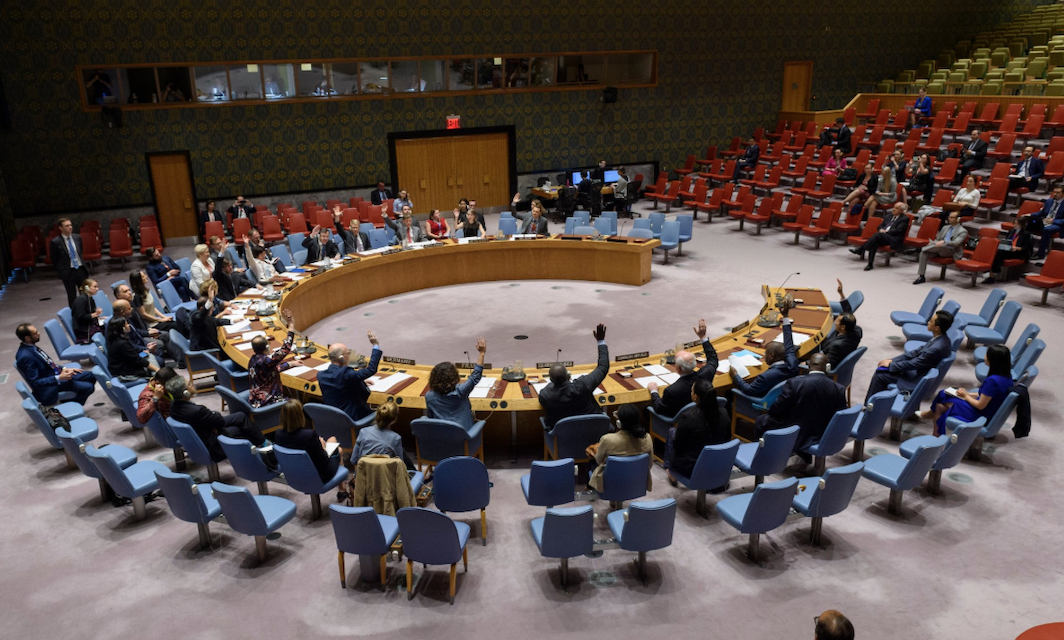Landmark resolution on Persons with Disabilities in Armed Conflict
Explanation of Vote by Ambassador Jonathan Allen, UK Deputy Permanent Representative to the UN, at the Security Council on Resolution 2475 on Persons with Disabilities in Armed Conflict

Thank you, Mr President. As co-penholder the United Kingdom would like to echo the words of the Polish Representative, Ambassador Joanna, and thank Council members for their constructive and thoughtful contributions during the negotiation process. The UK would like to express special thanks to the Polish delegation for their commitment in this joint endeavour. Poland’s initiative last year to host the Arria Formula meeting on the issue has proven to be decisive in focusing the collective attention of this Council.
I also thank Russia and China for voting for this Resolution despite the doubts they expressed today. I agree with my Russian colleague and friend that we shouldn’t be creating new legal obligations and we’ve been careful not to do so. And we agree that all citizens and civilians should be protected and we also agree that this should not just be declaratory and that there should be concrete actions and indeed there are in this Resolution.
Mr President, empowering people with disabilities leads to better decisions and more effective outcomes for communities, for nations and for the world. This Resolution is a vital first step in the Council’s role in mitigating and better understanding the disproportionate impact that conflict has on persons with disabilities.
As we heard from the inspirational Syrian Nujeen Mustafa earlier this year, active participation is essential to improving the protection and safety of persons with disabilities in situations of armed conflict as well as in humanitarian response plans and post-conflict recovery. This Resolution offers a clear statement that persons with disabilities want to, can and must participate and lead decisions which affect their lives. It recognises the protection needs of all affected civilian populations and calls for safe, timely and unimpeded humanitarian access to all people in need of assistance.
We look forward to increased information and recommendations from the Secretary-General in both thematic and geographic Security Council reports. Along with the inclusion of data disaggregated by disability, this will further improve the evidence-based approach that we want all to take to the Council’s decision making.
Mr President, this landmark Resolution is recognition that there should be nothing about us, without us and we hope that the actions agreed start the process of answering that call.
Thank you Mr President.